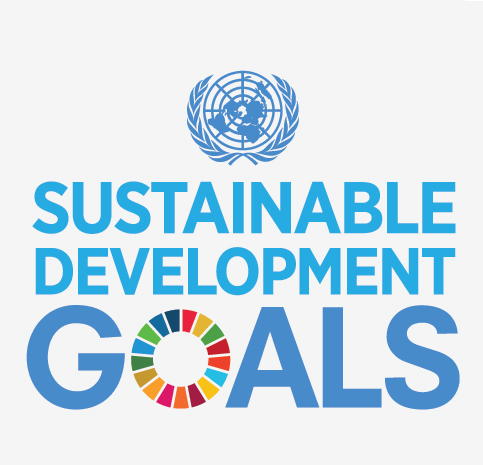
The Sustainable Development Goals (SDGs), officially known as Transforming our world: the 2030 Agenda for Sustainable Development is a set of 17 "Global Goals" with 169 targets between them. Spearheaded by the United Nations
through a deliberative process involving its 193 Member States, as well
as global civil society, the goals are contained in paragraph 54 United
Nations Resolution A/RES/70/1 of 25 September 2015.
The Resolution is a broader intergovernmental agreement that acts as the Post 2015 Development Agenda (successor to the Millennium Development Goals). The SDGs build on the Principles agreed upon under Resolution A/RES/66/288, popularly known as The Future We Want. It is a non-binding document released as a result of Rio+20 Conference held in 2012 in Rio de Janeiro, in Brazil.
The SDGs were in large measure informed by the perspective reflected in the often quoted assertion by Ban Ki-moon, the United Nations Secretary-General from 2007 to 2016, that "we don't have plan B because there is no planet B".
On 19 July 2014, the UN General Assembly's Open Working Group (OWG) on Sustainable Development Goals (SDGs) forwarded a proposal for the SDGs to the Assembly. The proposal contained 17 goals with 169 targets covering a broad range of sustainable development issues. These included ending poverty and hunger, improving health and education, making cities more sustainable, combating climate change, and protecting oceans and forests. On 5 December 2014, the UN General Assembly accepted the Secretary-General's Synthesis Report which stated that the agenda for the post-2015 SDG process would be based on the OWG proposals.
https://en.wikipedia.org/wiki/Sustainable_Development_Goals